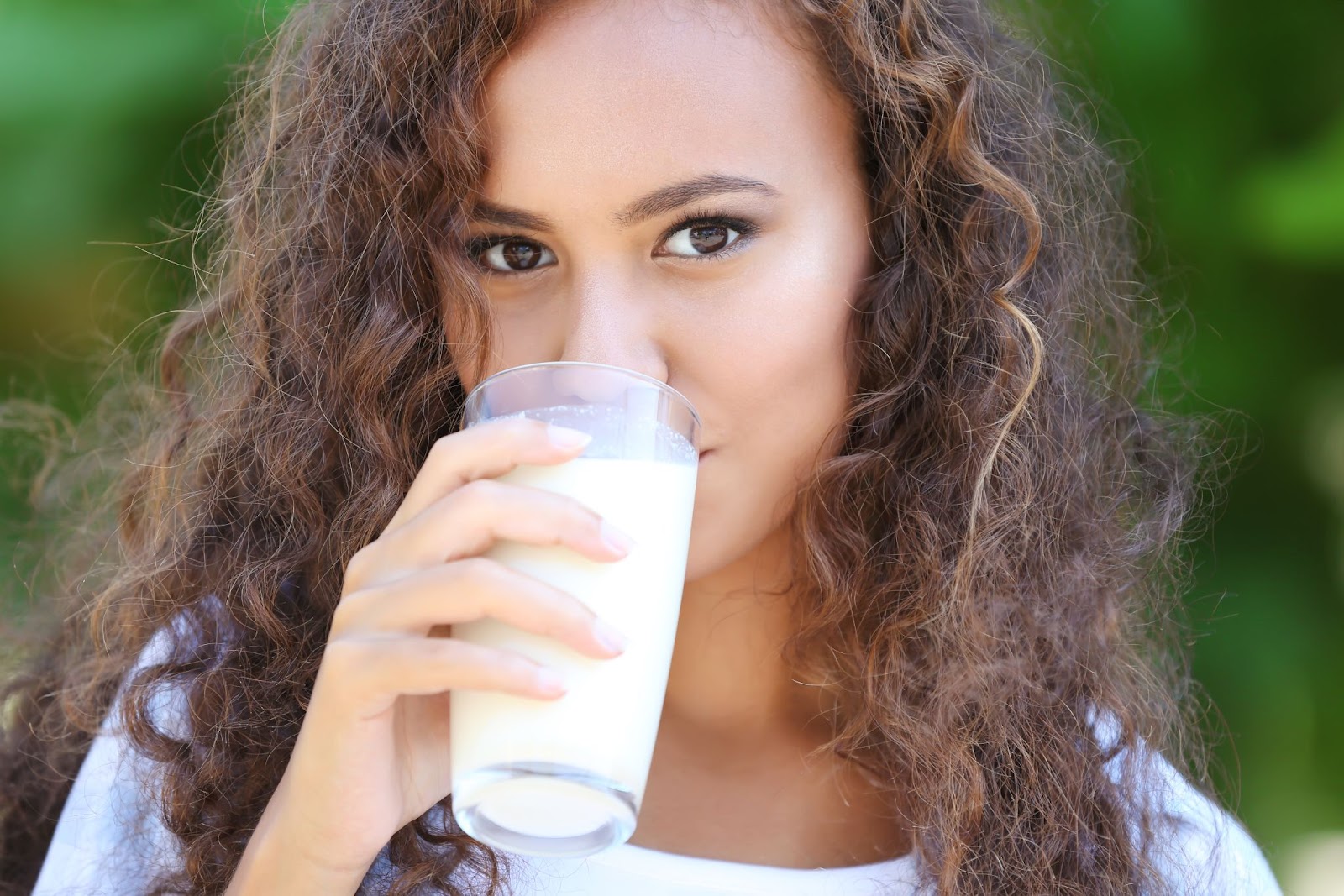
Read this before your next glass of milk…

Story-At-a-Glance
Matt Cook here, and many men have been asking me — does drinking cow’s milk raise estrogen levels in men?
High estrogen is harmful for men and hurts healthy testosterone.
So here’s the full story… what all men need to know…
—-Important Message From Alby Gonzalez—-
Get fit by moving less? This “lost exercise” from China proves it’s true
There are secret stealthy fighters in China that are known for their amazing feats of strength, flexibility, and pain-endurance…
…and they have created a worldwide reputation as the ultimate warriors.

These stealthy fighters have been called some of the fittest men on the planet… with the kind of shock and awe flexibility and strength that turns heads…
Yet you won’t find them in a gym, jogging around the block, or anything like that…
Instead…
These silent warriors practice a very specific form of exercise called super-isometrics — invigorates your body from the inside-out, boosting your metabolism, hardening your core, and relieving pain from head to toe
———
Milk and high estrogen levels – what men need to know
Prostate cancer, breast cancer, obesity, man boobs, erections problems – these are just some of the problems which are caused by high estrogen.
Estrogen is a problem – there’s no denying that.
And in recent years some people have been making a fuss about estrogen in milk.
There is estrogen in milk, that’s true…
But there’s not enough estrogen in milk to do you any harm.
The tiny amounts of estrogen found in milk canceled out by the massive benefits of calcium, protein, and minerals.
Research shows that milk causes no change in estrogen levels.
Scientists needed to increase the amount of estrogen in milk by 1,000 times before it showed up in the blood.

The animal experiments were carried out at the University of Ljubljana in Slovenia. The report was published in the Journal of Dairy Science.
Cows can be milked right up to 2 months before the end of their pregnancy.
And toward the end of pregnancy, estrogen levels increase significantly.
“Milk from cows in the third trimester of pregnancy contains up to 20 times more estrogens than milk from nonpregnant cows.”
You really would not want to have 20 times more estrogen in your system.
Researchers were understandably concerned about the potential harms of increased estrogen levels from the milk consumption.
So they decided to carry out some experiments on mice to see just what effect drinking milk has on estrogen.
“The aim of this study was to evaluate whether exposure to known doses of estrogens from bovine milk could affect blood hormone levels in mice and influence their reproductive organs.”
Male and female mice were split into a number of different groups.
Some mice got no milk.
Other mice got milk with natural, expected levels of estrogen.
Yet other mice consumed milk with added estrogen at a lower or higher dose.
The experiment went on for eight days – after which the mice had blood drawn and had their organs examined.
The researchers wanted to know if there was an increase in estrogen, and whether that estrogen had any effect on the rest of the body.
Consuming milk had no effect on estrogen levels in the blood.
“The results of our study demonstrated that consumption of native milk from a pregnant cow did not affect plasma E1 and E2 levels in either sex.”
Milk did not lower testosterone levels or cause any noticeable changes to the sex organs in the animals.
“Milk from a pregnant cow did not affect testosterone levels or testicle weight in males.”
In fact, there were no noticeable changes in the animals which had a low dose of estrogen added in their milk.
The “low dose” had 100 times more estrogen than that found in milk.
“We found no changes in the group that received milk with an added 10ng/ml of estrogen.”
If anything, it shows that milk could be protective against estrogen.
The researchers did find changes when they increased the dose of estrogen further.
It took a hell of a lot of added estrogen to see estrogenic effects.
“Concentrations in the third group exceeded the physiological concentration of milk estrogen by 1000 times, so it would be extremely unlikely to find such concentrations in native cow milk.”
There is a lot of research showing that milk helps with metabolic problems and many of the nutrients found in milk, like calcium, can actually block the harmful effects of estrogen.
Don’t be concerned about tiny amounts of estrogen in milk – it doesn’t matter.
—-Important Message From Matt Cook About Lowering Estrogen Levels—-
This simple protocol lowers estrogen (and harmful prolactin) while raising testosterone in men — comes with these incredible advantages:
- Greatly enhances rockiness, libido, and sensation
- Lessens the time between sex acts
- Used daily can transform your health and make you feel and perform as you did when you were decades younger
- Quick results — usually kicks in within 4 to 7 days
———-

